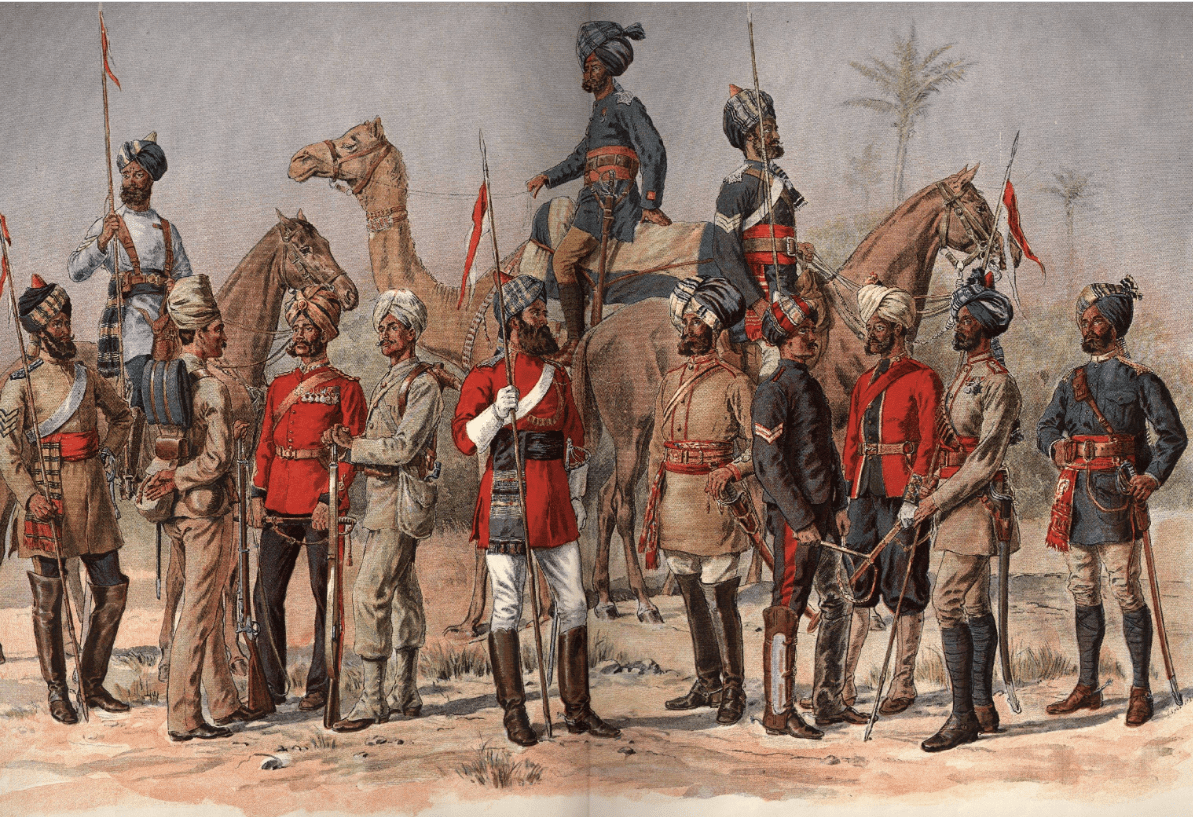Identify one example of a new transnational business in 1750-1900.: The East India Company stands out as a groundbreaking transnational business that reshaped the global economic landscape during this era.
Founded in 1600, the East India Company gradually evolved from a trading enterprise into a powerful political and economic entity, establishing a vast commercial empire that spanned from India to China. Its operations transcended national boundaries, making it a pioneer in the realm of transnational business.
Transnational Businesses in the Era of Industrialization (1750-1900)

The Industrial Revolution witnessed the emergence of transnational businesses that transcended national boundaries and became global players. These businesses played a pivotal role in shaping the global economy and society.
Example of a Transnational Business: The East India Company
The East India Company, established in 1600, was one of the earliest examples of a transnational business. It operated as a trading company, primarily engaged in the spice trade between Europe and Asia. Over time, the company expanded its operations, establishing colonies and exercising political control over vast territories in India.
The East India Company’s global reach and influence were unprecedented. It established trading posts and factories in major ports across Asia, including India, China, and Indonesia. The company’s activities had a profound impact on the global economy, introducing new products and markets, and facilitating the exchange of goods and ideas.
Factors Contributing to the Emergence of Transnational Businesses
Several factors contributed to the emergence of transnational businesses in the 1750-1900 period:
- Economic Developments:The Industrial Revolution led to increased production and trade, creating opportunities for businesses to expand beyond national markets.
- Political Developments:Imperialism and colonialism allowed European powers to establish colonies and gain access to new markets and resources.
- Technological Advancements:Improvements in transportation and communication technologies, such as the steamship and telegraph, facilitated global trade and communication.
Impact of Transnational Businesses on Local Economies and Societies, Identify one example of a new transnational business in 1750-1900.
Transnational businesses had a significant impact on local economies and societies:
- Positive Effects:Transnational businesses created jobs, stimulated economic growth, and introduced new technologies and products.
- Negative Effects:Transnational businesses could also exploit local resources, disrupt traditional economic structures, and lead to social and cultural changes.
Government Regulation of Transnational Businesses
Governments played a role in shaping the development of transnational businesses:
- Balancing Economic Growth and National Sovereignty:Governments sought to balance the benefits of economic growth with concerns about national sovereignty and fair competition.
- Regulatory Approaches:Governments implemented various regulatory measures, such as tariffs, subsidies, and antitrust laws, to influence the activities of transnational businesses.
Comparison of Transnational Businesses in 1750-1900 and Today
| Characteristic | 1750-1900 | Today |
|---|---|---|
| Size and Scope | Limited to a few large companies with a global reach | Numerous transnational corporations with vast global operations |
| Impact | Significant impact on local economies and societies, often linked to imperialism and colonialism | Pervasive influence on global economy, society, and politics |
| Regulation | Limited government regulation, often influenced by imperial powers | Complex and evolving regulatory frameworks aimed at balancing economic growth and social responsibility |
FAQ Explained: Identify One Example Of A New Transnational Business In 1750-1900.
What were the key factors that contributed to the success of the East India Company?
The East India Company’s success can be attributed to several factors, including its ability to secure exclusive trading privileges from the Mughal Empire, its innovative organizational structure, and its access to capital and resources.
How did the East India Company’s operations impact local economies and societies?
The East India Company’s operations had a significant impact on local economies and societies, both positive and negative. On the one hand, the company’s trade activities stimulated economic growth and introduced new technologies and goods. On the other hand, the company’s political and military interventions often led to social disruption and conflict.


